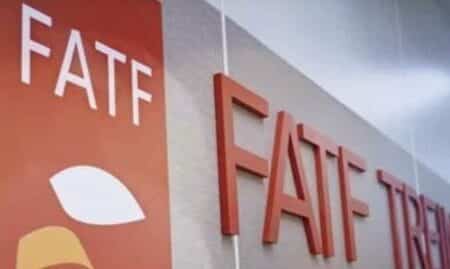South Africa will very likely be “greylisted”, despite efforts by the Treasury to prevent the country from joining the ranks of nations deemed to have inadequate protections against money laundering and terrorist financing.
Standard Bank CEO Sim Tshabalala warned in July that South Africa’s potential greylisting by the Financial Action Task Force (FATF), an intergovernmental body that assesses countries’ ability to combat illicit financial activity, would be worse than a sovereign credit downgrade.
FATF gave South Africa until October 2022 to come up with a credible plan to tackle deficiencies in its ability to prevent financial crimes, failing which it could be greylisted in February 2023.
‘It just looks very, very probable that we are going to get greylisted. It just adds to an already very difficult situation for the country,’ Tshabalala told Business Day.
An initial FATF report in October 2021 found that South Africa was compliant with only three of the 40 benchmark recommendations to combat illicit financial activity.
South Africa’s large banks are seen to have robust mechanisms; however, smaller financial institutions, estate agents, legal practitioners, casinos and dealers in high-value goods, have far weaker systems.
South Africa will require legislation that expands the range of entities covered by anti-money-laundering and combating the financing of terrorism regulations. Tshabalala doubts that parliament would act in time.
Nedbank CEO Mike Brown said on 10 August that it was ‘too close to call’ whether South Africa would be greylisted; though he believes financial markets have already priced in the prospect to local asset prices.
Brown also pointed to South Africa’s poor track record in prosecuting people implicated in state capture as one reason FATF was likely to add South Africa to the list of high risk nations that includes Albania, Haiti, Pakistan, Syria, South Sudan, Myanmar and Yemen.

